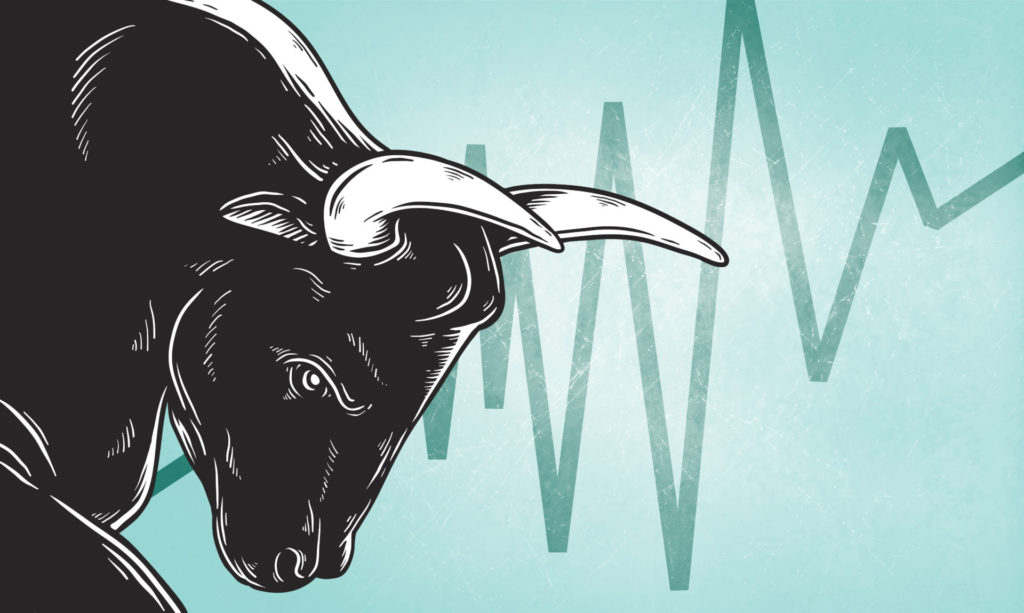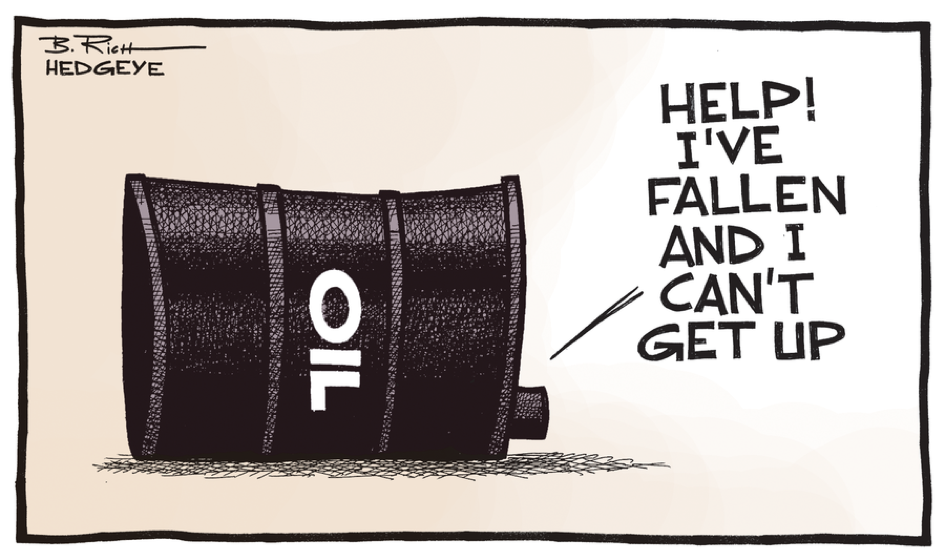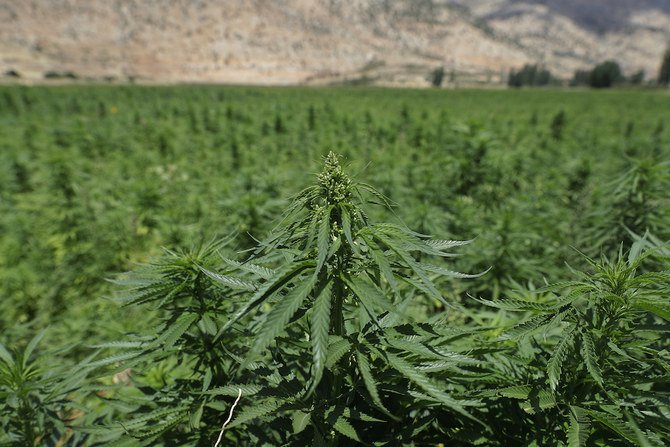The last bilateral contact between the Emir of Qatar Tamim Bin Hamad and Saudi Crown Prince Mohammed Bin Salman last Friday is the best example. After some recent indications of a detente between the two Arab leaders, a crucial phone-call on Friday destroyed hopes of improving relations between Saudi Arabia and Qatar. The two rival nations could be headed towards a real showdown.
Middle East tensions soar after critical phone call
No real information has been released on what was discussed between the two Arab leaders, but insiders indicated that the Qatari Emir offered to sit down to discuss the ongoing dispute with members of the quartet, which includes Saudi Arabia, Egypt, Bahrain, and the UAE.
Since June these four have cut diplomatic ties with Qatar, accusing Doha of cuddling up to Iran, embracing non-state players that spread terror throughout the Arab World, allying themselves with the Muslim Brotherhood and supporting Qatari state-funded Al Jazeera TV.
The fact that Al Jazeera has played host to notorious figures in the past such as Osama Bin Laden, Hamas chief Khaled Meshaal, and Al Nusra’s leader Abu Mohammad Al Golani, has been a major bone of contention. Until now Doha has denied all charges of supporting terrorism, while refusing to alter its policies, claiming that the quartet’s demands “infringe” on its sovereignty.
For the Arab Four, these links and the perceived rejection by Doha of complying to their regional aspirations, is the main reason for the current crisis. Reactions in the Arab media suggest that the Arab Four have reached a point of no-return.
At present, economic and diplomatic sanctions are already in place, but without a long-term goal, sanctions will prove ineffective. Saudi media indicated that Riyadh suspended any further talks with Qatar and Saudi Royal Court officials have accused the Qatar Emir and his father Hamad Bin Khalifa of spreading unrest and terror in the region. The tone of the discourse has clearly become much harsher in recent days.
Qatari sources indicated that the phone call between MBS and the Qatari Emir was pre-arranged by U.S. president Donald Trump, after his meeting with the Kuwaiti Emir Sabah Al Ahmad Al Sabah in Washington. Kuwait has been trying to mediate between the two sides, but the Arab Four have now also rejected the mediation efforts of the Kuwaitis.
Pressure on Qatar is building. While Arab leaders have reiterated that military options against Qatar have never been on the table, a much harsher stance in the media could indicate a possible shift from economic/diplomatic pressure on Qatar to using other means. As a strategic theorist once stated “war is politics by other means”. The growing open support for Qatari (perceived) opposition figures by Arab countries is also worrying.

In the coming days, a major Qatari opposition meeting will be held in London, organized by Qatari veteran opposition leader Khaled al-Hail and hosted by the British Conservative MP Daniel Kawczynski. The latter is known to be a strong ally of Saudi Arabia. Officially, the Qatari opposition meeting is set up to “bring democracy and constitutionalism” to Qatar, which in reality means a regime change.
The impact of this meeting should not be overestimated, as Qatari opposition outside of the country has no real strength in the Emirate yet. However, inside Qatar, possible opposition is gaining support. The Qatari political system is not a real stable one, as most leaders have taken power via removal of former leaders. International (non-Arab) action against Qatar isn’t really feasible either. The current support of Qatar by Iran and Turkey (which holds a military base on the Peninsula) would deter any international intervention.
The only real viable option - if regime change is the target – is a power change from within the Qatari royal family.
Qatari reformists are virtually non-existent, as economic links with the royal family are forming the current alliances and allegiances. Still, possible changes could emerge, as there are signs of growing unease within the Qatari armed forces and some parts of the royal family. An obvious contender for the Emir position is Abdullah Bin Ali, who is a distant cousin of Emir Tamim who appeared out of nowhere last August.
Saudi media already have been profiling him as an “emir-in-waiting”. After his meeting with the Saudi King and Crown Prince Mohammed Bin Salman on August 17, Abdullah Bin Ali has shot up in the contender list. For Saudi Arabia and the Emirates, Abdullah is a viable option, as he is member of the ruling Al Thani dynasty. Abdullah’s brother Ahmad was the emir of Qatar that was toppled by Emir Tamim’s grandfather back in 1972. The current throne contender will be speaking at the London opposition conference. Several analysts have stated that Abdullah Bin Ali is also slated to replace Tamim at the next Arab Summit Conference in Saudi Arabia, in March 2018. The latter would need full support of the Arab Four leadership. In short, a radical change of power within the Qatari royal house is not unthinkable.
The jury is still out on the next on the next emir, but significant progress has been made over the last couple of days. Qatar also seems to be struggling on the economic front. Official figures, provided by Qatar, still reflect a stable economic environment, supported by increased trade with Iran, Turkey and Oman. But this optimistic data is being contradicted by international rating agencies, such as Fitch Ratings, which cut Qatar’s credit rating to AA- on August 28. Bloomberg at the same time showed that Qatar’s economic expansion is currently at its slowest rate since 1995, while Qatar’s foreign currency reserves have fallen by 8 percent in July, according to official figures.
Until now, rumors about a possible liquidity squeeze have not materialized. Qatar’s massive LNG business and its sovereign wealth fund represent two major buffers that have muted internal unrest or opposition.
Qatar’s wealth remains vast, as the country’s central bank has $40 billion in cash reserves plus gold, while the Qatar Investment Authority (QIA) has $300 billion in reserves. These resources are now being put to use in order to sustain the Qatari economy, as the sale of QIA’s stake in Russian oil and gas giant Rosneft indicates.
The sale by Glencore and the QIA of a 14.2 percent share in Russia's Rosneft to Chinese conglomerate CEFC could be a development to watch. The unexpected sale could have been linked to the Saudi-Egypt rift with Qatar. Rosneft holds a vast stake of deepwater offshore gas developments in Egypt (Zohr Field), which is not being looked upon by Cairo positively as Qatar is a main stakeholder. It would not be surprising if Egypt’s president Sisi and Saudi officials have put pressure on Moscow to curb its deals with Qatar at present. If the sale is agreed upon, QIA will own 4.7 percent and Glencore 0.5 percent, totaling around $9 billion. The QIA has also been divesting some of its stakes in Credit Suisse from August 5.
These high-profile divestments could indicate a growing financial squeeze. Direct result of this could be slower economic growth. The opposition is already waiting on the sidelines to strike, possibly supported by other GCC regimes. The Qataris are now facing a possible volatile period in time. The four Arab nations on the other side will be unwilling to change this state of affairs as long as Qatar’s Emir kee ps his ties to Turkey and Iran in place. Changes will be made and Qatar’s royalty will have to act, as other Arab leaders may not stay silent for much longer.
RELATED ARTICLES
Loading...
Oil bulls appear ready to dig their hooves into the ground and charge following the latest price weakness in the commodity. This all bodes well for oil investors—long-term holders and...
Les compagnies américaines Exxon Mobil, Chevron, ConocoPhillips, Continental Resources, Mewbourne Oil, W&T Resources ont annoncé avoir décidé de réduire leur production de pétrole, une décision dont l’entrée en vigueur est...
The international media’s blanket coverage of the COVID-19 pandemic was interrupted on Tuesday by breaking news about Lebanon becoming the first Arab country to legalize cannabis for medical and industrial...
LATEST ARTICLES
Loading...
Oil bulls appear ready to dig their hooves into the ground and charge following the latest price weakness in the commodity. This all...
Les compagnies américaines Exxon Mobil, Chevron, ConocoPhillips, Continental Resources, Mewbourne Oil, W&T Resources ont annoncé avoir décidé de réduire leur production de pétrole,...
The international media’s blanket coverage of the COVID-19 pandemic was interrupted on Tuesday by breaking news about Lebanon becoming the first Arab country...
Just 24 hours after the United States had killed top Iranian commander Qassem Suleimani near Baghdad airport in Iraq, a convoy of Iranian-backed...









